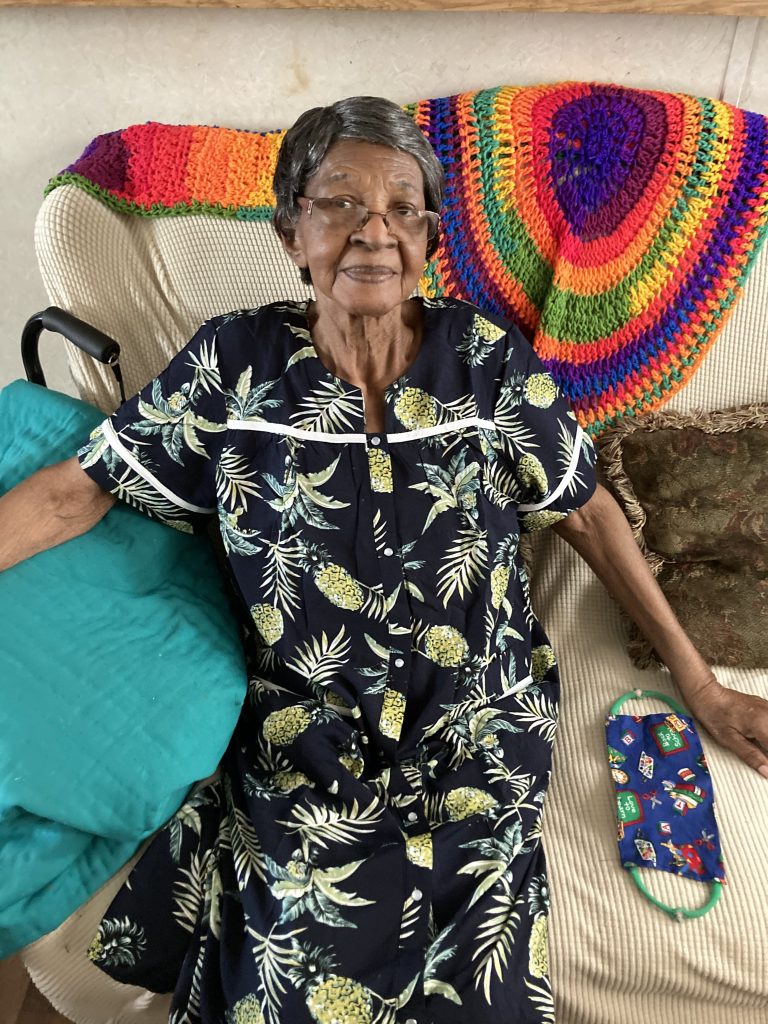As there is still no cure for dementia, it is vital that we consider ways to prevent and reduce peoples’ risk of developing dementia. Lifestyle strategies offer the only readily available methods to reduce dementia risk, by targeting behaviours that are known risk factors for dementia, and attempting to modify these behaviours in an effort to either improve or maintain cognitive health. For example, being physically inactive and having poor sleep quality pose significantly greater risk of developing dementia. As such, strategies which promote physical activity and improve sleep quality in older adults may play an important role in preventing dementia.
With one new case of dementia occurring every 3 seconds, there is a rapidly growing interest in understanding how physical activity and sleep may help maintain older adult cognitive health. Cognitive health refers to a broad set of cognitive abilities including: 1) cognitive functioning as measured by neuropsychological tests (e.g. memory tests); 2) brain structure as measured by tools like magnetic resonance imaging (MRI); 3) brain functioning measured using techniques such as electroencephalography (EEG) or functional MRI; and 4) brain neurophysiology including disease-related brain changes (e.g., amyloid-beta, neurofibrillary tangles, and inflammatory markers). Below, I highlight what we know about how physical activity and sleep impact cognitive health, as well as some strategies which we can use to best promote our cognitive health through these lifestyle strategies.
What do we know about how physical activity and sleep impact cognitive health?
Regular physical activity is among the most promising lifestyle strategies for maintaining older adult cognitive health. Meeting the current public health guidelines of 150 minutes per week of physical activity can reduce the risk of all-cause dementia by up to 28%. Up to 18% of all Alzheimer’s disease cases could be prevented by all older adults meeting these guidelines.
Promoting sleep quality is another promising strategy for maintaining older adult cognitive health. Poor sleep is a risk factor for both cognitive decline and Alzheimer’s disease, and poor sleep is more prevalent among individuals with cognitive impairment compared to their healthy peers.
Interestingly, physical activity and sleep appear to have a complex and interconnected relationship with each other and cognitive health. For example, you may notice that you have better sleep after an intense exercise session, or that you might be able to exercise harder (or longer) following a good night sleep. This is because people who are more physically active also have better sleep, and better sleep is linked to higher physical activity levels; however, this relationship appears to weaken as we get older. Importantly, increased physical activity levels may also promote cognitive health through better quality sleep, although we still do not know whether physical activity and sleep are associated with cognitive health by the same mechanism (or different ones), or whether these behaviours work synergistically with one another to promote cognitive health. For example, it is possible that getting more physical activity might improve sleep quality, and this improvement in sleep quality might lead to better cognitive health.
Are there effective interventions for promoting physical activity and sleep for cognitive health?
While the evidence suggests that both of these behaviours are important for maintaining cognitive health, we are still in the process of developing effective physical activity and sleep interventions for improving cognitive health. The clearest evidence suggesting that physical activity can improve cognitive health comes from targeted exercise interventions. These studies involve two groups of randomly assigned participants who are allocated to either an exercise intervention group or a control group; participants from both groups are then compared for differences in cognitive outcomes following the intervention. The results of these studies suggest a modest effect on improving cognitive function in people with and without cognitive impairment, including improvements in memory, processing speed (i.e., how fast you react to a stimulus), and executive function (a broad set of higher level thinking abilities).
While it is exciting to know that exercising can improve (or at least maintain) our cognitive ability, we have no evidence that these targeted exercise interventions can actually prevent dementia long-term. Only one study has examined whether a structured physical activity intervention can prevent dementia. The results from this study suggest that the intervention did not reduce dementia risk; however, in a sub-analysis, frailer and older participants saw the largest improvements in their cognitive abilities.
Whether improving older adult sleep quality is a viable strategy for promoting cognitive health also remains uncertain. Strategies to promote better quality sleep in older adults include cognitive behavioural therapy (a set of behaviour/psychological techniques that teach people strategies to promote sleep quality), physical activity and/or exercise training, and bright light therapy – a treatment which aims to improve the alignment of the ~24-hour biological clock with the solar light-dark cycle. While each of these strategies are evidence-based, and show promise as methods for improving sleep in older adults, there is little evidence that improving sleep directly correlates to improving cognitive health.
Our research group, the Aging, Mobility, and Cognitive Neuroscience Laboratory, recently investigated whether a multimodal lifestyle intervention consisting of individually-tailored bright light therapy, physical activity promotion, and sleep hygiene education (a component of cognitive behavioural therapy) could improve sleep and cognitive health among older adults at risk for dementia. The results suggest that the intervention could improve subjective sleep quality, but not objective sleep. In addition, we did not find that the intervention significantly improved cognitive function, nor were improvements in sleep associated with improvements in cognitive function.
Where do we go from here?
Does this mean that we are doomed to develop dementia if we have poor sleep? Of course not! Sleep is a modifiable behaviour, and strategies like cognitive behavioural therapy can have substantial benefits on sleep – even among those with chronic insomnia. Getting tested and treated for obstructive sleep apnea (i.e., breathing while sleeping which is repeatedly stopped by constricted air flow) is also one easy way to promote better sleep which can significantly improve cognitive health. Moreover, regular physical activity might help alleviate some of the negative consequences of poor sleep on cognitive health.
While we are still working on finding effective physical activity and sleep interventions, it is clear that both of these behaviours can influence older adult cognitive health. A critical next step is to determine whether increasing physical activity can be used to protect older adult sleep quality as a primary prevention strategy for dementia. Research is also still needed to determine the most potent prescription of physical activity for maintaining older adult sleep health and cognitive health.
What can I do for my own cognitive health?
Based on the research I have highlighted above, there are several key things that all of us can do to best promote our cognitive health. These include:
- Get at least 150 minutes/week of moderate-to-vigorous intensity physical activity. You can easily judge the intensity of your physical activity by your ability to sing a song during the activity. If you cannot easily do so without catching your breath, then it is of sufficient intensity.
- If you are unable to meet this goal of 150 minutes/week of activity, do what you can. Anything is better than nothing, and the largest benefits of physical activity on health occur for those who are going from a sedentary lifestyle to any degree of an active lifestyle.
- If you are experiencing poor sleep, speak to your physician about options for you. Some sleep conditions, such as sleep apnea, are treatable. There are a number of options for treating poor sleep that do not require medication. Some conditions can be solved through things like cognitive behavioural therapy.
- Physical activity and exercise can also help with poor sleep. Becoming more active – especially if you are currently living a sedentary lifestyle – is never a bad thing.

Ryan Stanley Falck is a postdoctoral fellow at the University of British Columbia in the Department of Physical Therapy. His research examines the dynamic relationships of physical activity, sedentary behaviour, and sleep with older adult cognitive health. He is a certified strength and conditioning specialist (CSCS) through the National Strength and Conditioning Association.
Twitter handle: @ryan_s_falck




